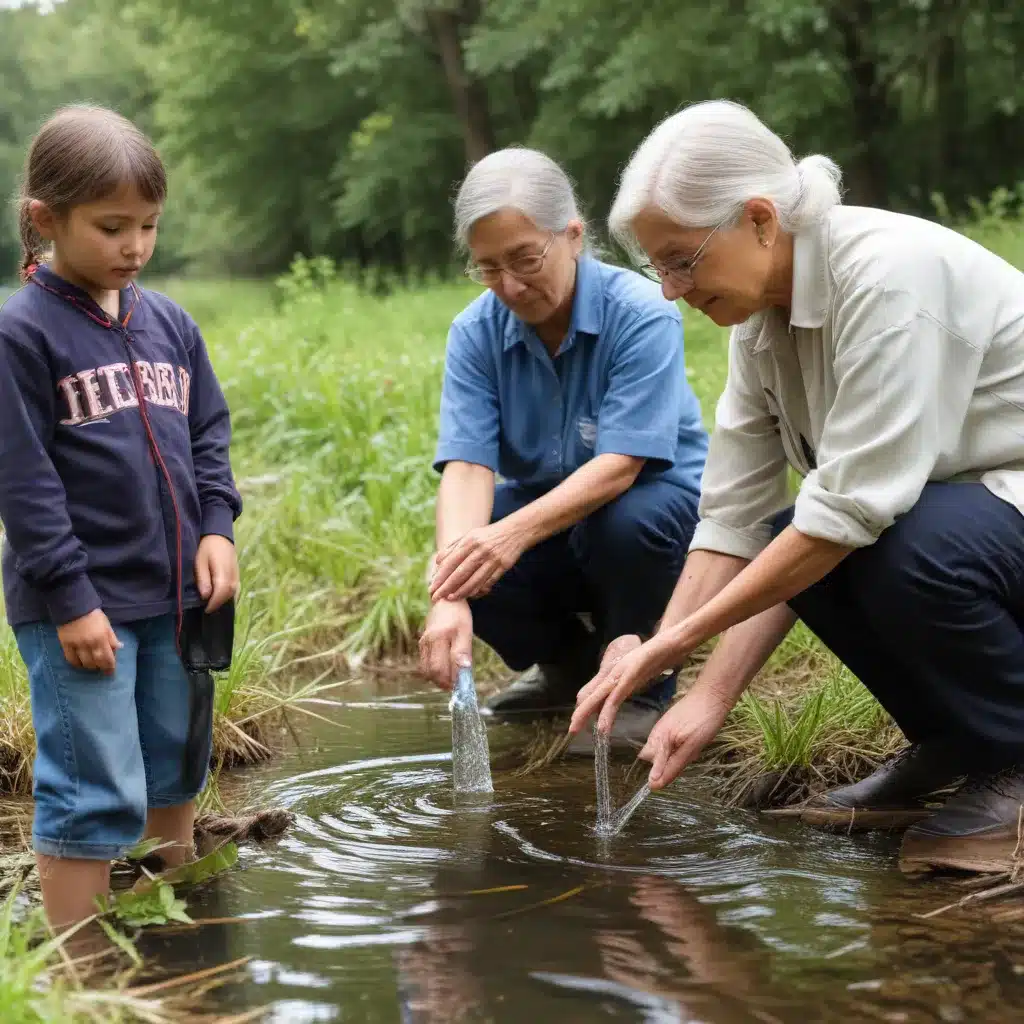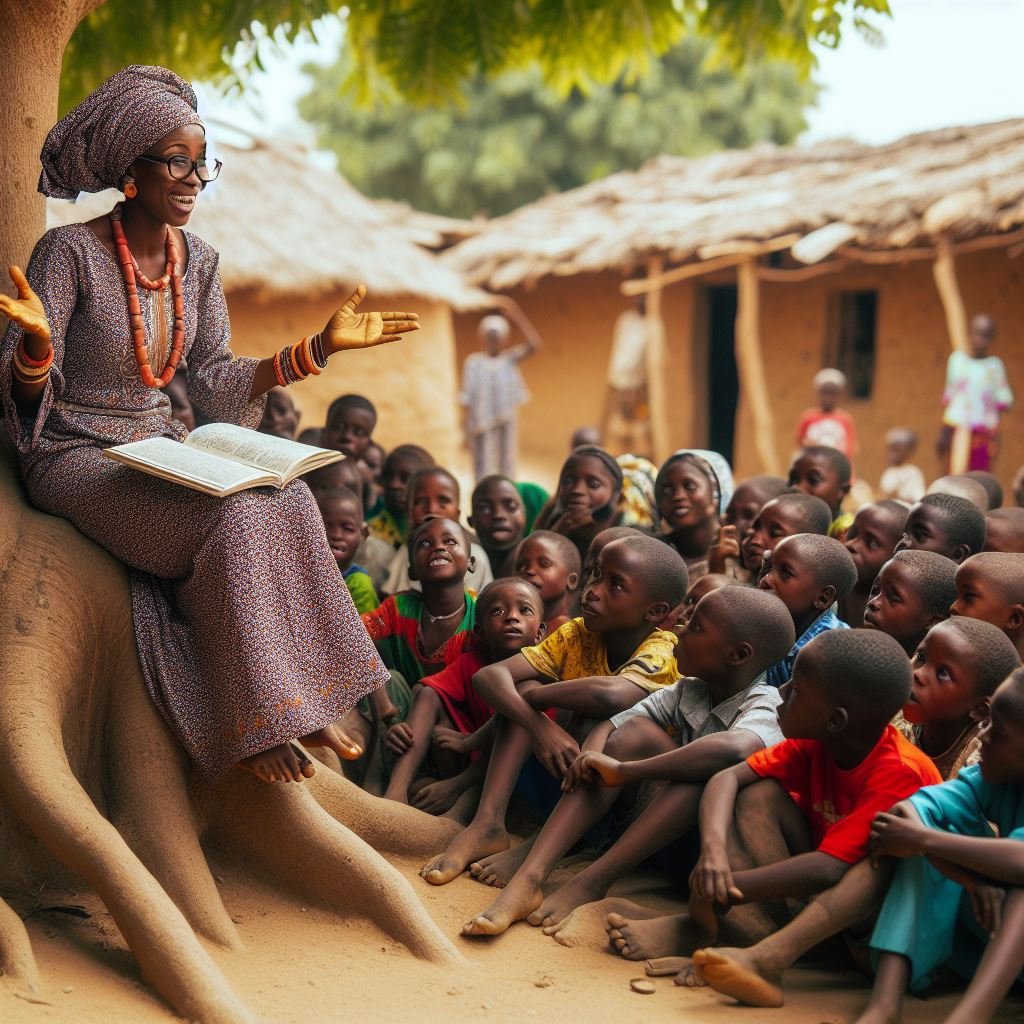
Mohegan Voices: The Enduring Power of Oral Tradition
The Mohegan Tribe of Indians of Connecticut stands as a powerful testament to cultural resilience, its identity woven into the very fabric of its oral traditions. Far more than mere folklore, these spoken narratives—encompassing histories, spiritual teachings, practical knowledge, and ancestral wisdom—are the lifeblood of the Mohegan people, a continuous stream of knowledge flowing through generations, connecting past, present, and future. In a world often dominated by written records, the Mohegan commitment to their oral heritage underscores a profound understanding that culture lives not just on paper, but in the living breath, shared voice, and collective memory of a community.
At its core, Mohegan oral tradition is a comprehensive repository of their worldview. It encompasses creation stories that explain their place in the universe, historical accounts detailing significant events like the leadership of Sachem Uncas and the challenges of King Philip’s War, and intricate genealogies that trace family lines back centuries. Beyond grand narratives, it includes practical knowledge vital for survival: the rhythms of the seasons, the properties of medicinal plants, hunting and fishing techniques, and sustainable land management. These are not static tales; they are dynamic, evolving reservoirs of collective experience, adapting slightly with each telling while retaining their core truths.
The transmission of this vast body of knowledge is a deeply intergenerational process, rooted in active listening and communal participation. Elders, revered as living libraries, are the primary custodians and conveyors of these traditions. Children learn not just by passive reception, but by engaging with stories, asking questions, and eventually, by taking on the mantle of storytelling themselves. This active engagement ensures that the traditions remain vibrant and relevant, understood not as relics of the past but as living guides for navigating contemporary life. The Mohegan term Keeshkee’oota, meaning "storyteller," signifies a role of immense responsibility and honor, recognizing the profound impact of those who carry the collective memory.
A central figure in Mohegan oral tradition, and one whose stories resonate deeply, is Moshup, a benevolent giant often associated with the coastal regions. Tales of Moshup—sometimes depicted as a whale hunter, sometimes as a protector of the people—teach lessons of respect for nature, generosity, and the interconnectedness of all living things. Similarly, stories of the Little People, mischievous yet sometimes helpful, serve as cautionary tales, reinforcing community values and the importance of appropriate behavior. Trickster figures, common in many Native American traditions, also feature prominently, often using humor and cunning to impart moral lessons or explain natural phenomena. These narratives are more than entertainment; they are moral compasses, historical textbooks, and spiritual guides rolled into one.
The importance of oral traditions for the Mohegan people is magnified by a history marked by immense adversity. Throughout centuries of colonization, forced assimilation, and the deliberate suppression of Native languages and cultures, the Mohegan people faced existential threats. Their language, Mohegan-Pequot, was nearly lost, a direct consequence of policies that punished its use. Federal and state governments repeatedly attempted to declare the Mohegan Tribe "extinct" or "assimilated," aiming to erase their identity and claim their lands. Yet, through it all, the oral traditions persisted, whispered in homes, shared around fires, and embedded in the collective memory, serving as an invisible shield against cultural annihilation. They were the defiant assertion of identity when all other forms of expression were denied.

This resilience is perhaps best embodied by the figure of Melissa Tantaquidgeon Zobel, the Mohegan Tribal Historian and Medicine Woman. Her work, and that of her ancestors like Gladys Tantaquidgeon, has been instrumental in safeguarding and revitalizing these traditions. The Tantaquidgeon Museum, founded in 1931 by Gladys and her father John, stands as the oldest Native American-owned and operated museum in the United States, a direct testament to the Mohegan commitment to preserving their heritage, including their oral narratives. Melissa Zobel, drawing from generations of inherited knowledge and extensive research, articulates the power of these stories: "Our stories are not just tales; they are maps to who we are, where we come from, and where we are going. They are our connection to the land and to our ancestors, and they contain the wisdom we need to survive and thrive." Her own writings, such as "Medicine Trail: The Life and Lessons of Gladys Tantaquidgeon," further chronicle and contextualize these vital traditions.
The modern era has presented both new challenges and new opportunities for the preservation of Mohegan oral traditions. While the threat of language loss loomed large for decades, the tribe has embarked on vigorous revitalization efforts. The Mohegan Language Project, for instance, is diligently working to reconstruct and teach the Mohegan-Pequot language, recognizing that language is inextricably linked to the nuanced understanding and transmission of oral stories. This effort involves consulting historical documents, working with linguists, and creating educational programs for tribal members of all ages. Learning the language means unlocking deeper layers of meaning within the traditional narratives.
Furthermore, while the essence of oral tradition lies in its spoken form, the Mohegan Tribe has judiciously embraced supplementary methods of preservation. Transcribing stories, creating audio recordings, and developing digital archives serve not as replacements for the living tradition, but as safeguards and educational tools. These resources ensure that even if a particular elder is no longer present, their voice and wisdom can continue to instruct and inspire. This careful balance—maintaining the primacy of the spoken word while utilizing modern technology for broader accessibility and long-term security—is a hallmark of Mohegan cultural stewardship.
The annual Mohegan Wigwam Festival and the Green Corn Festival are vibrant public expressions of these enduring traditions. During these gatherings, stories are shared, dances performed, and songs sung, reinforcing communal bonds and celebrating their unique cultural heritage. These events are crucial for intergenerational transfer, allowing younger tribal members to experience their traditions firsthand and fostering a sense of pride and continuity. The Mohegan people, known as the "People of the Wolf" (Mohegan means "People of the Wolf"), carry with them the attributes of loyalty, community, and strength that are mirrored in their stories and their enduring collective identity.
In conclusion, the Mohegan oral traditions are a living archive, a dynamic, unbroken thread connecting the Mohegan people to their ancestors, their land, and their collective identity. Through centuries of challenge, these stories have been the bedrock of their survival and the beacon of their cultural revitalization. They are not static artifacts but active forces, continually shaping community values, imparting historical understanding, and guiding the spiritual journey of the Mohegan Nation. As the Mohegan Tribe continues to thrive, its commitment to nurturing and transmitting these invaluable oral traditions ensures that the voices of their ancestors will continue to resonate, strong and clear, for countless generations to come, standing as a powerful testament to the enduring power of the spoken word.



